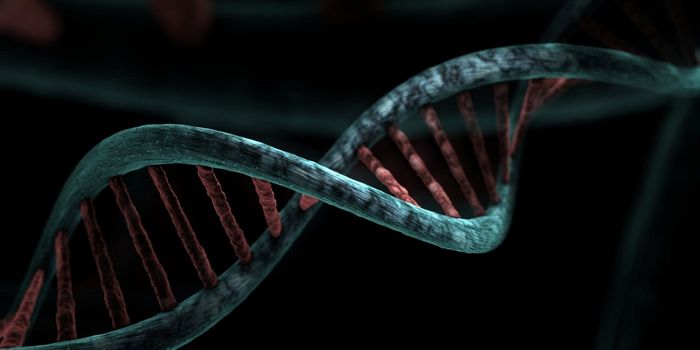Mouth Spray for Epidermolysis Bullosa in Development
Epidermolysis Bullosa (EB) is a rare genetic disorder that makes the skin incredibly fragile; it forms blisters and can tear from even soft touches. For patients with EB, wounds easily open and scarring is common after they heal. Researchers are now working on a spray that can treat the painful blisters and mouth sores that are hallmarks of this disease, which is usually diagnosed in childhood.
The oral spray scientists want to make would deliver antibiotic molecules that can hopefully treat mouth blisters and sores and prevent scarring. The researchers are aiming to develop three formulations, which each deliver a unique, anti-fibrotic molecule (that will reduce the chance of scar formation). Hopefully, within two years at least one of these sprays would then go through a clinical trial to test their safety and efficacy before being made available.
"The hydrogels that we are designing in the Healthcare Technologies Institute have distinctive properties that enable them to stick to the moist tissues inside the mouth," said the project leader Professor Liam Grover, Director of the Healthcare Technologies Institute at the University of Birmingham. "Our aim is to use this formulation to deliver other ingredients that can help treat EB symptoms."
"We regularly see EB patients who are unable to eat properly because of pain and discomfort in their mouths, Even brushing their teeth can be painful and damaging, leading to extremely poor dental health. Developing an oral spray that will help patients to eat and maintain oral hygiene could be a game-changer," said Adrian Heagerty, Honorary Professor of Dermatology at the University of Birmingham.
This research was funded by the UK EB charity, DEBRA.
"The development of this spray could be a giant step forward in helping to alleviate the constant pain and discomfort EB sufferers experience on a daily basis," said Caroline Collins, Director of Research at DEBRA. "The combination of delivery and use of treatments that reduce fibrosis could mean an EB patient is able to properly eat for the first time and maintain basic dental hygiene which many of us take for granted. I am hugely grateful to the team in Birmingham for making this happen."
"There is no cure, yet, for EB and so our primary focus is on managing the pain and other symptoms. We're very grateful to DEBRA for funding this important research," added Anthony Metcalfe, a Professor of Wound Healing at the University.
Sources: AAAS/Eurekalert! via University of Birmingham, DEBRA









